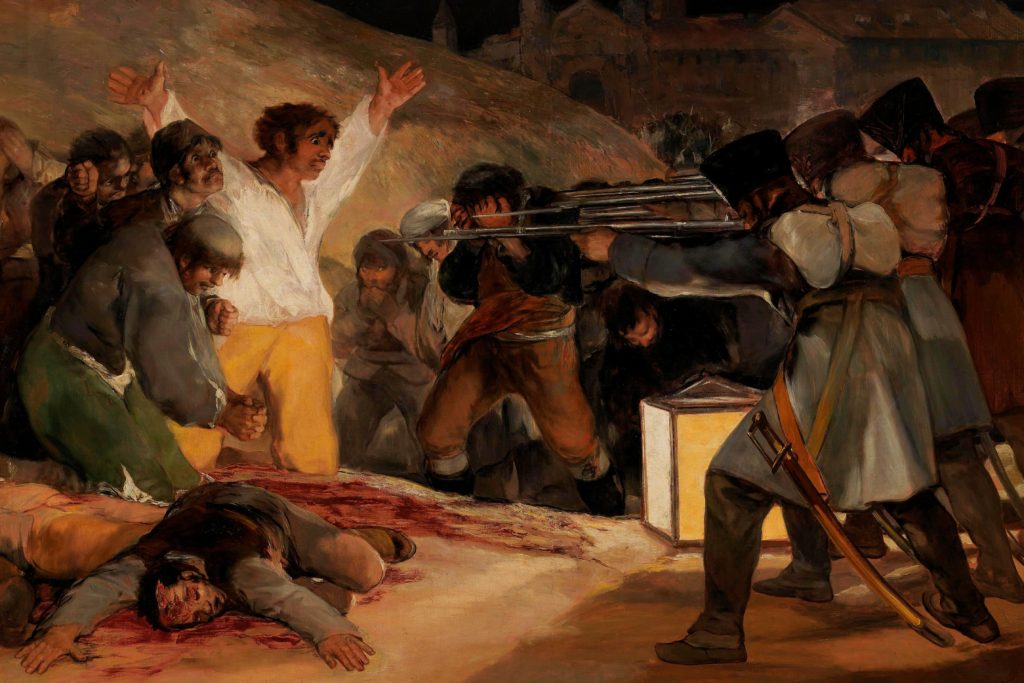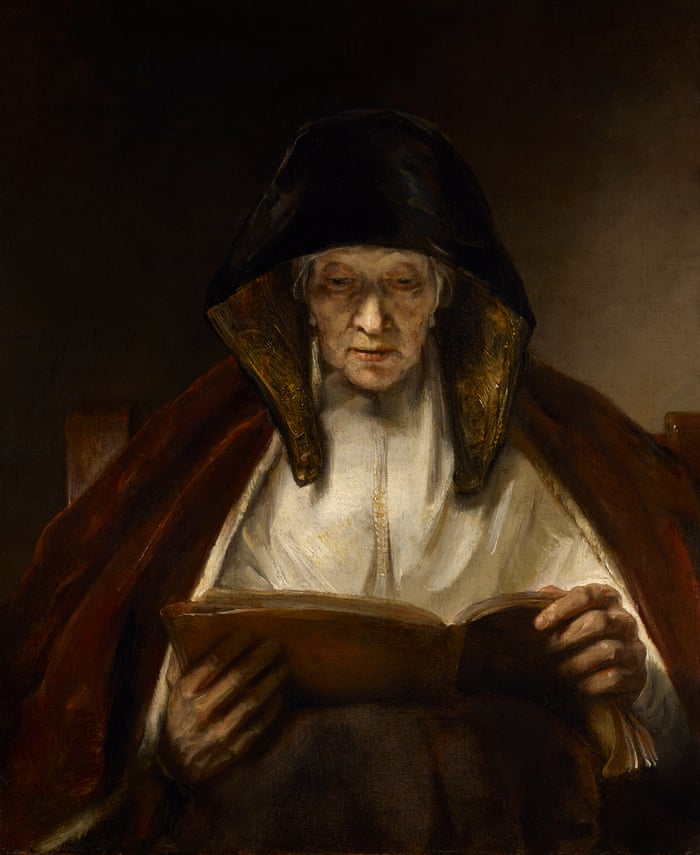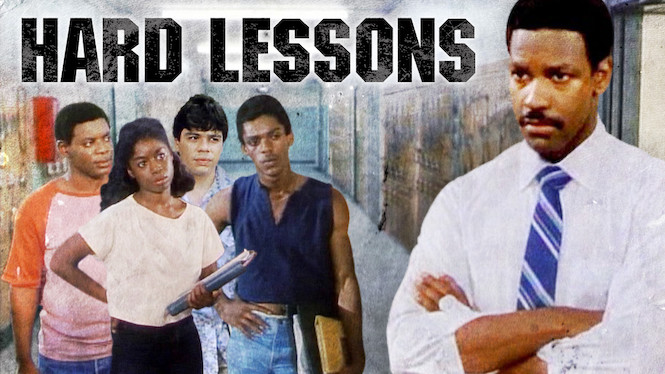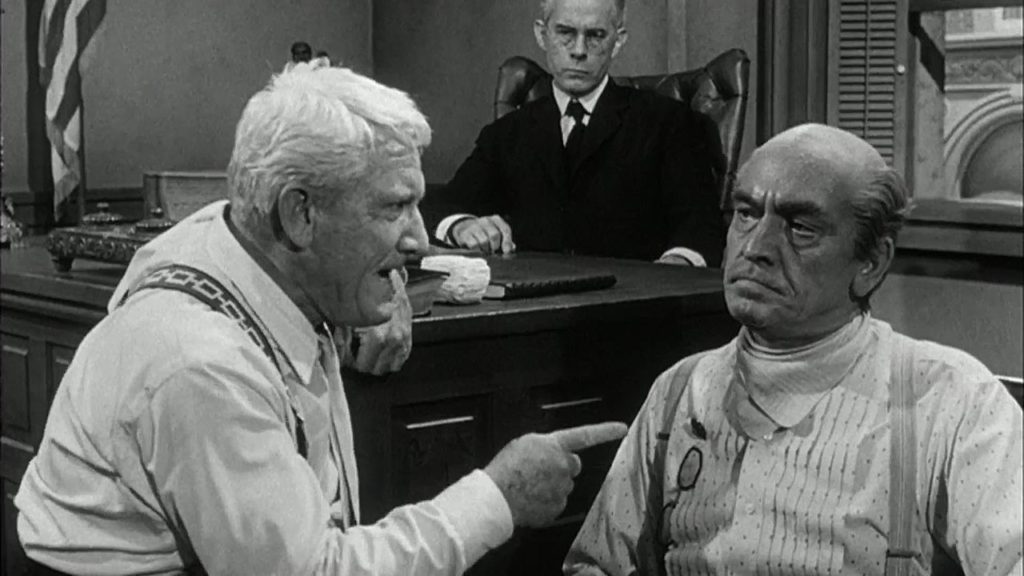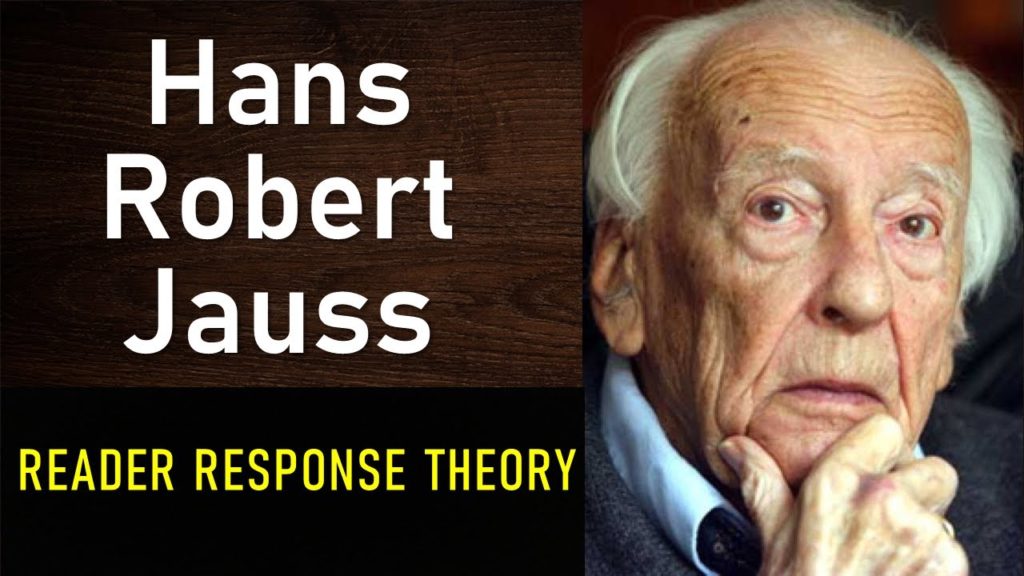
Wednesday
As I prepare a Beowulf talk I will be giving at a summer lecture program in Monteagle, Tennessee, I’m thinking about the discord the ensues when empires find their power waning. While I’m no political scientist, I’m wondering if there is some identifiable cycle in which (1) national success leads to (2) a sense of entitlement accompanied by complacency which in turn results in (3) internal turmoil. Has something like that happened with the United States? It seems to occur in Beowulf.
I start with something a Chinese student attending St. Mary’s College of Maryland wrote in a composition class of mine in 1981: “In the brief but glorious history of the United States…” It startled me because, while I had never thought about it before, it rang true. Here was someone from a country 5000 years old looking a country that had only recently celebrated its 200th birthday.
Even if America’s glorious history has been brief, it’s still longer than the four-generation dynasty described in Beowulf. The poem begins by lauding Shield Sheafson, a foundling who rises to glory. He is succeeded by Beow, who is generous and “well-regarded,” and by Beow’s son Halfdane, a “fighter prince” who “held sway for as long as he lived.” Although Halfdane’s son Hrothgar is king when Grendel strikes, initially it appears that he will be carrying on the glorious tradition:
Friends and kinsmen flocked to his ranks,
young followers, a force that grew
to be a mighty army.
As leader of most powerful nation around, Hrothgar looks to memorialize his nation:
So his mind turned
to hall-building: he handed down orders
for men to work on a great mead-hall
meant to be a wonder of the world forever;
it would be his throne-room and there he would dispense
his God-given goods to young and old—
but not the common land or people’s lives.
Far and wide through the world, I have heard,
orders for work to adorn that wallstead
were sent to many peoples. And soon it stood there,
finished and ready, in full view,
the hall of halls. Heorot was the name
he had settled on it, whose utterance was law.
Unlike a certain ex-president, Hrothgar also pays the contractors who have done the work:
Nor did he renege, but doled out rings
and torques at the table.
The mead-hall is more than a place to dispense rings to faithful followers. It’s also a warning to other countries not to mess with the Danes. And indeed, as Denmark is the reigning superpower in the region, no one dares to. The danger, rather, comes from domestic terrorism.
Because that’s what Grendel represents. I’ve written multiple times that Grendel is the resentment that eats away at a society from within. In America at the moment, we see this as the destructive effects of white grievance. Ever since the end of the Cold War, the United States has seemed invulnerable to foreign attack and, in fact, is one of the most prosperous countries on earth. In spite of this–or perhaps because of it–its citizens have turned against each other.
Seeing the situation in this light, we can find parallels between the resentment-crazed Grendel who storms Heorot and the resentment-crazed Trumpists who stormed the Capitol on January 6. For 10 years Hrothgar, despite his power, is helpless. The one silver lining is that Grendel at least cannot touch the king’s throne, with the poet telling us “the throne itself, the treasure-seat,/ he was kept from approaching.” America has got to hope that the January 6 insurrectionists and those members of the GOP who are now trying to whitewash the event are not damaging the underlying democratic principles to which the Capitol Building is a monument.
And indeed, Heorot still standing after Grendel’s forages is like our own Capitol standing after the insurrection: the rebels may have desecrated it but they haven’t ended what it stands for. Here’s Grendel’s version of their insurrection:
The hall clattered and hammered, but somehow
survived the onslaught and kept standing:
it was handsomely structured, a sturdy frame
braced with the best of blacksmith’s work
inside and out. The story goes
that as the pair struggled, mead-benches were smashed
and sprung off the floor, good fittings and all…
Unfortunately, we can’t look to Beowulf for a hopeful future as the survival of Heorot is only temporary. The peaceful transfer of power that Seith Sheafson, Beow and Halfdane were able to bring about ends with Hrothgar’s death. In a coup that is only alluded to obliquely in the text, the regent Hrothulf (Hrothgar’s nephew) kills one of Hrothgar’s two young sons and seizes power. The other son, who has escaped, comes back to kill Hrothulf. Amidst all the fighting, the great hall of Heorot burns to the ground.
Hrothgar’s warning to Beowulf after he has killed the Grendels could also apply to arrogant superpowers. In stage #1, the king and his kingdom are riding high:
It is a great wonder
how Almighty God in His magnificence
favors our race with rank and scope
and the gift of wisdom; His sway is wide.
Sometimes He allows the mind of a man
of distinguished birth to follow its bent,
grants him fulfillment and felicity on earth
and forts to command in his own country.
He permits him to lord it in many lands . . .
The first sign of trouble comes when the king starts to take all these gifts as his due. He thinks he is rich because “the whole world conforms to his will,” not because he has inherited a situation built by people “with rank and scope and the gift of wisdom.” In America’s case, it’s living comfortably in a society–and an infrastructure–built by earlier generations:
. . . until the man in his unthinkingness
forgets that it will ever end for him.
He indulges his desires; illness and old age
mean nothing to him; his mind is untroubled
by envy or malice or the thought of enemies
with their hate-honed swords. The whole world
conforms to his will, he is kept from the worst . . .
Arrogance, and with it discontent, continues to grow. The passage notes the imperceptible gradualness of the change. Instead of seeing himself joined with the country in a common enterprise, the king gradually finds himself resenting others. The “devious promptings of the demon start” as he imagines them eyeing “his” possessions:
. . . until an element of overweening
enters him and takes hold
while the soul’s guard, its sentry, drowses,
grown too distracted. A killer stalks him,
an archer who draws a deadly bow.
And then the man is hit in the heart,
the arrow flies beneath his defenses,
the devious promptings of the demon start.
His old possessions seem paltry to him now.
He covets and resents; dishonors custom
and bestows no gold; and because of good things
he ignores the shape of things to come.
In the end, Hrothgar says, the king will reap what he has sown:
Then finally the end arrives
when the body he was lent collapses and falls
prey to its death; ancestral possessions
and the goods he hoarded are inherited by another
who lets them go with a liberal hand. . . .
This warning will reappear in the course of the poem. For instance, the so-called “last veteran,” seeing his once glorious nation having become a shadow of its former self, buries himself (along with all his country’s treasure) in a funeral barrow. It is into this barrow—think of it as a dead monument to past greatness—that the dragon moves. This monster, which I interpret as depression, overtakes a society that is incapable of moving into the future. Instead it hoards the wealth it has accumulated, refusing to share. If anyone threatens to redistribute that wealth, it erupts in anger, burning down everything around it. Otherwise, however, it just hunkers down in its cave.
This is the dragon that Beowulf encounters at the end of his life. The question is whether he will be able to defeat the dragon and redistribute the treasure or whether he and his society will all go down together. This is the challenge for the United States as well: either we will become more and more mean-spirited and dragon-like, lamenting the end of past greatness without striding heroically into the future. Or we will build back better, modeling for the world a multicultural democracy while leading the fight against climate change and autocratic regimes.
I honestly don’t know if, in our case, Beowulf will be able to defeat the monsters of resentment and depression. I know, however, that we will be called upon to be heroic.
